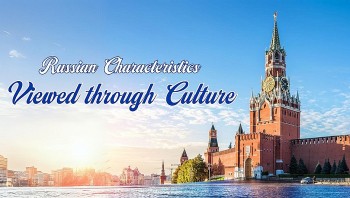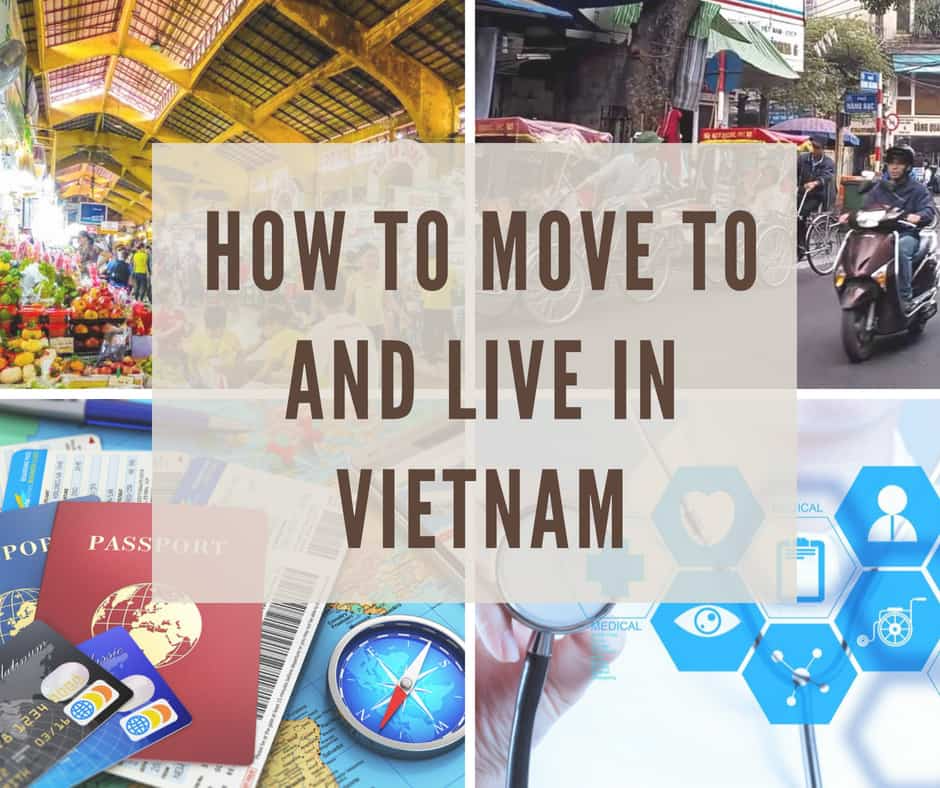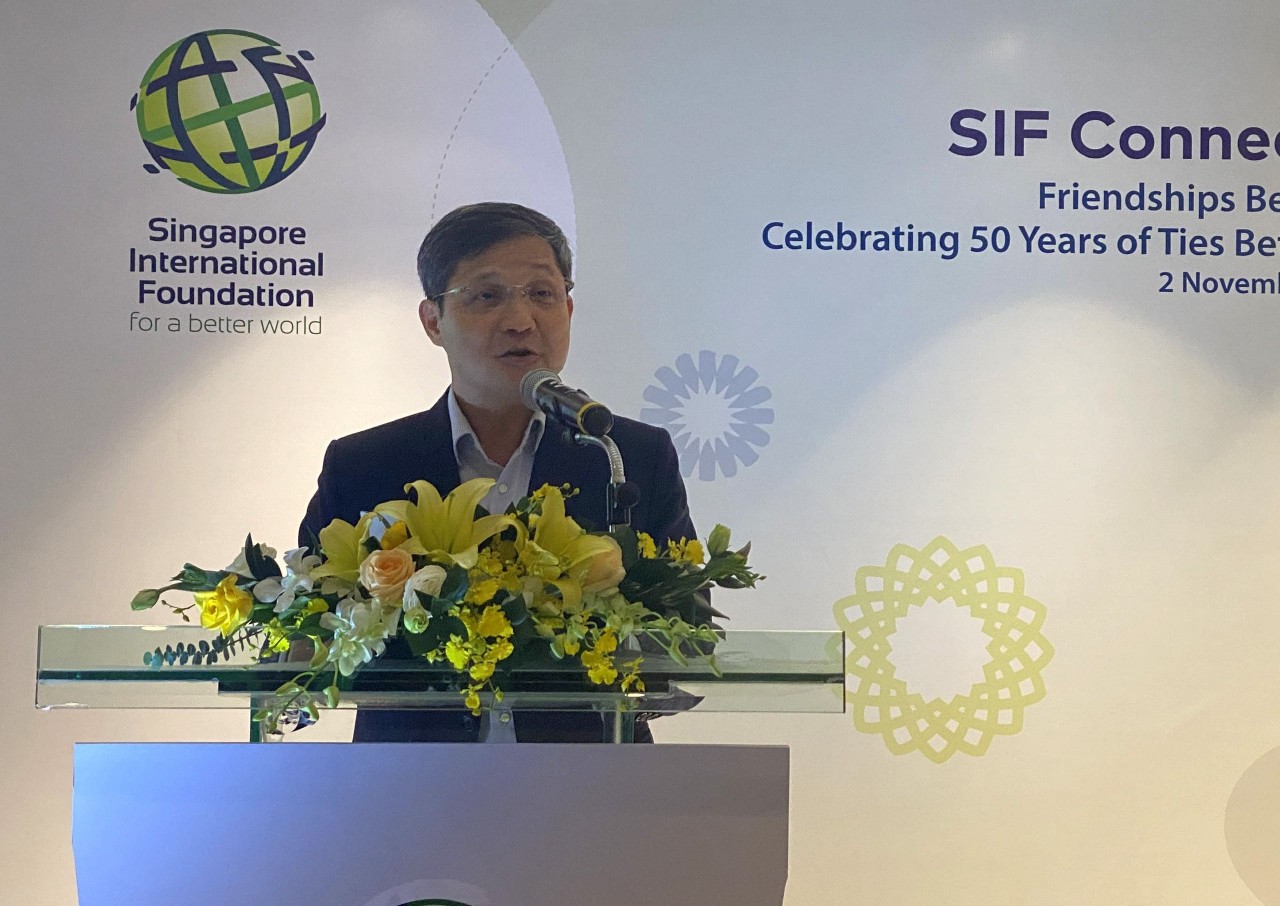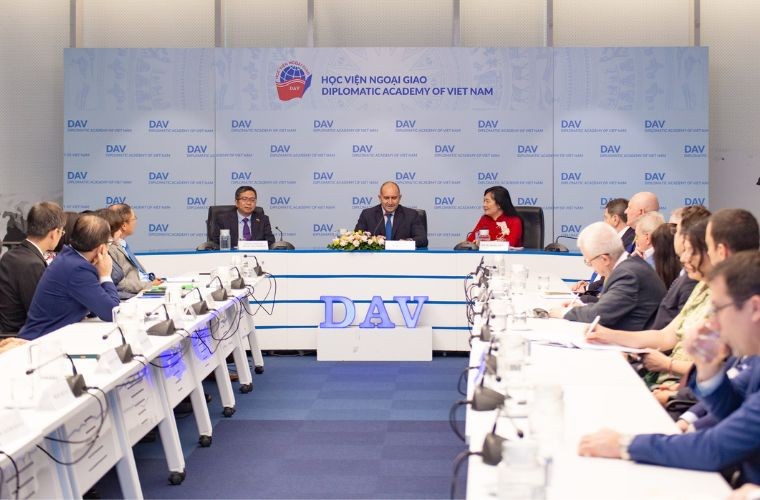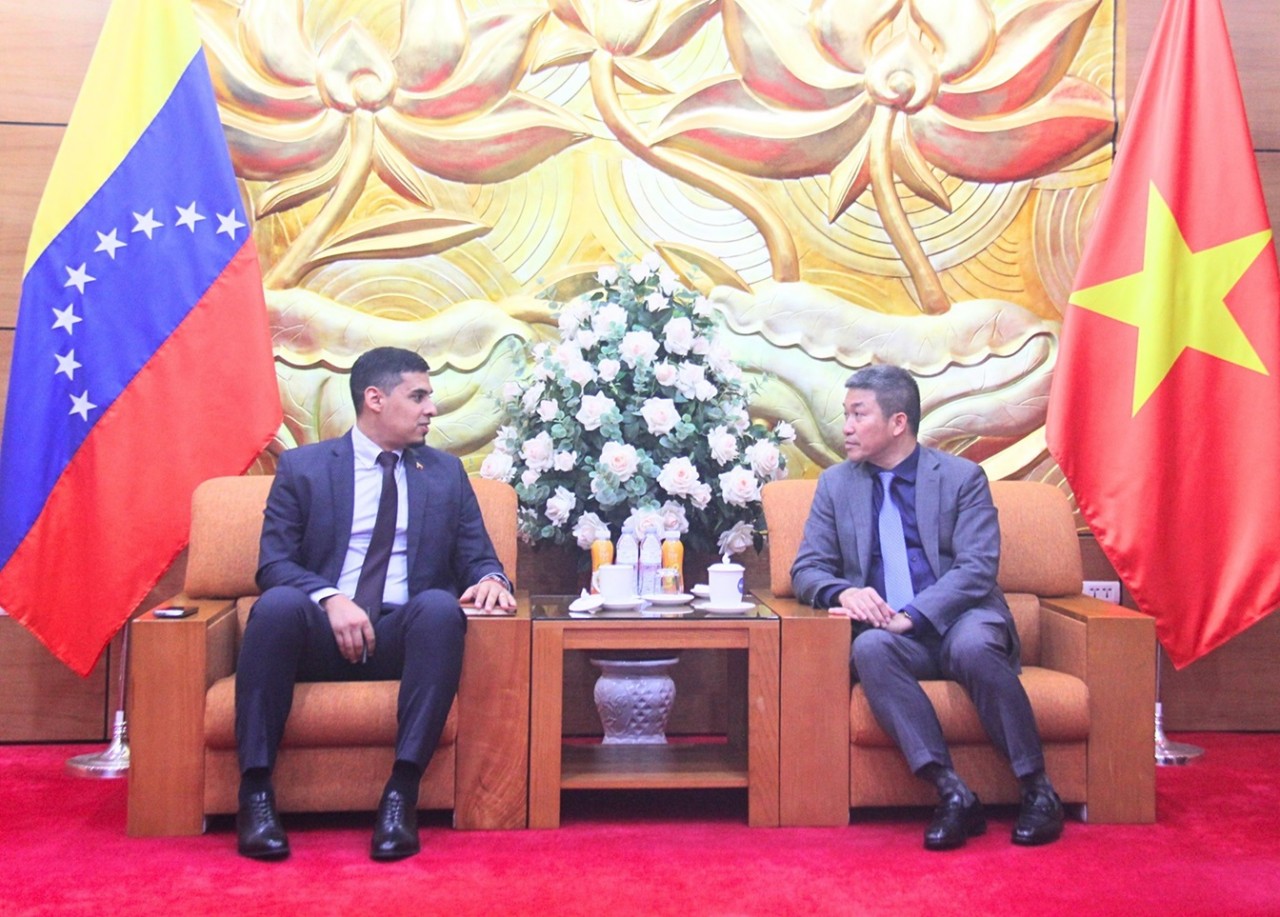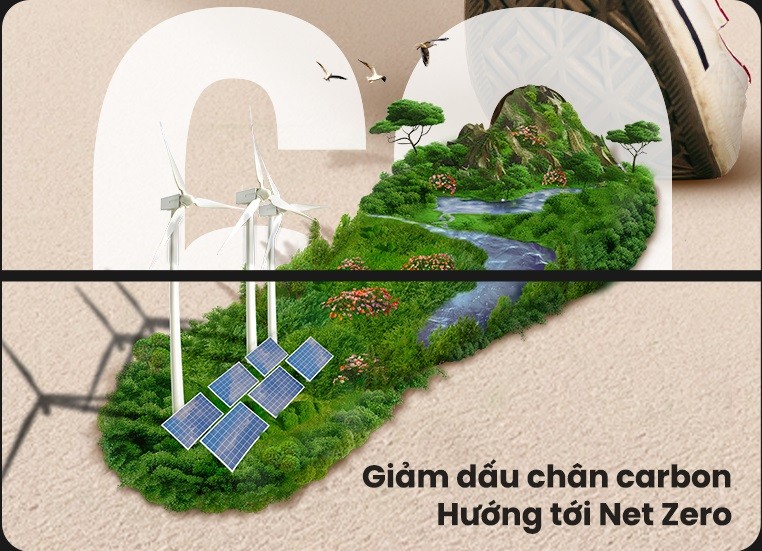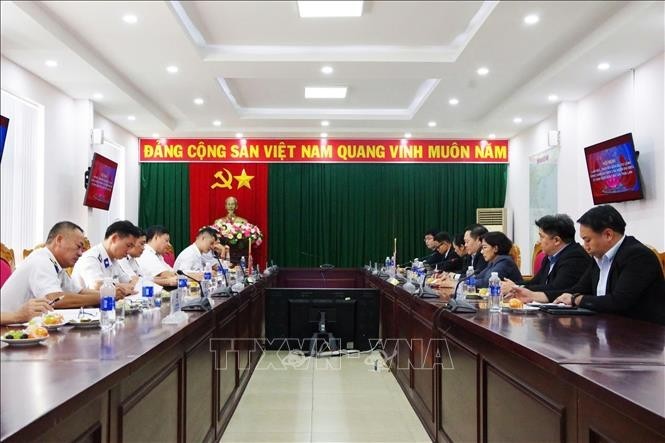Vietnamese Ambassador to Myanmar urges for more people-to-people contacts, especially among the youth
Vietnamese Ambassador to Myanmar Luan Thuy Duong shared her views on democratic and economic reform, peace process and bilateral relations between Vietnam and Myanmar in a recent interview with the Global New Light of Myanmar. Below is the transcript of the talk.

|
Ambassador Luan Thuy Duong (second, from the left) meeting leaders of Ministry of Religious Affairs and Culture of Myanmar (source: MRACM)
Q: Please share your reflections on Viet Nam-Myanmar diplomatic relations.
A: This year we’re celebrating the 42nd anniversary of diplomatic relations between the two countries and the 70th anniversary of the first Viet Namese Representative Office in Myanmar. I think this is a very important mark in our relationship. We have shared success in all types of sectors: political, economic, social science and technology and cooperation. In economics, we have had success not only in trade but also in investment.
Recently we’ve had a lot of our social science and humanitarian institutions come to Myanmar and from Myanmar to Viet Nam to exchange views. So our relationship is not only marked in stone over the number of diplomatic years but also in a lot of development. We will soon exchange more highest-ranking visits and we will try our best to intensify our framework of cooperation. The relationship is not only on diplomatic terms but will be people-to-people contacts, party-to-party contacts, and society-to-society contacts and it will be mutually beneficial to our two countries.
Q: After the Viet Nam War, North and South Viet Nam reunified in 1975, so please share your experience with regards to Myanmar’s endeavor on its peace process.
A: Our country reunited in 1975 after 30 years of struggling for national independence and our sovereignty. I think that Viet Nam and Myanmar shared a common purpose of struggling for national reunion. We underwent a long line of wars so we lacked a lot of capacity and we needed much assistance from the people and we needed to solidate the people in one front that we called it the National Front for national reconciliation. We share that experience with Myanmar.

Delegates from Vietnam and Myanmar at the conference VN-Myanmar: Companion and development
Q: Based on your experience we would also like to know your impression on Myanmar’s democratization process and the peace process.
A: Firstly, talking about the democratization process, I have been here in Myanmar for ten months, and I can see obvious democratization taking place everywhere. I’m most impressed with seeing the rise in civil rights and civil society but I think that for democratic transformation to be ensured for long, the Myanmar people need to do more. They especially need a legal system to ensure that happens.

"We should have more people-to-people contacts and we should have exchanges between the younger generations," said ambassador Duong (photo by Huong Dao)
Q: Please share your experience in tackling issues like human and drug trafficking and so on.
A: I think now drug trafficking and national crimes are universal issues. No country can deal with these issues by themselves; we need to cooperate with each others. Viet Nam cooperates much with its neighbors and other ASEAN countries. We have a very close cooperation with China, Laos, Thailand, and Cambodia and now with Myanmar as well. That is why we have had the annual dialogues between the two public security ministries of Viet Nam and Myanmar on countering transnational and transborder crimes. Viet Nam and Myanmar should talk with each other and set up the framework to work and to cooperate in this field with more details.
Q: Terrorism is a great threat to regional security; can you talk more about that?
A: We can say that terrorism now is a very serious concern all over the world. Religious extremist from all kinds of religions, not only from Muslims, not only from Buddhists, but from a variety of religions, are taking advantage of religious beliefs from the people and they threaten the lives of the people. That is why we need to work with all our peoples, all our forces and all our goodwills and we need to work every day, everywhere. I think the most important factor in counter-terrorism is cooperation among countries in terms of legal systems. The second thing is we need to cooperate among forces to deal with crimes and terrorism. For example, defence, public security, and also civil society. But more importantly, I think we should not have a kind of religious discrimination whenever and wherever we are. Religious belief belongs to the people but we need to educate the people to understand the values of religions must be for fairness, equality, for development and for mutual benefits of all the peoples in the world.
Q: We heard Viet Nam has plans for cooperation on agriculture especially on processing and cultivation on rubber, coffee and pepper for export in Myanmar. Could you tell us more about this bilateral cooperation?

More cultural and art exchang activities are held to promote friendship between two countries (photo by Lan Dao)
The other thing is we should have more people-to-people contacts and we should have exchanges between the younger generations. In that way, the cooperation between the two countries is not just on the papers and agreements but it will come in reality.
Q: ASEAN is going to celebrate its 50th anniversary in August this year, so what is your inspiration for ASEAN solidarity on regional peace and stability?
Most read
Recommended
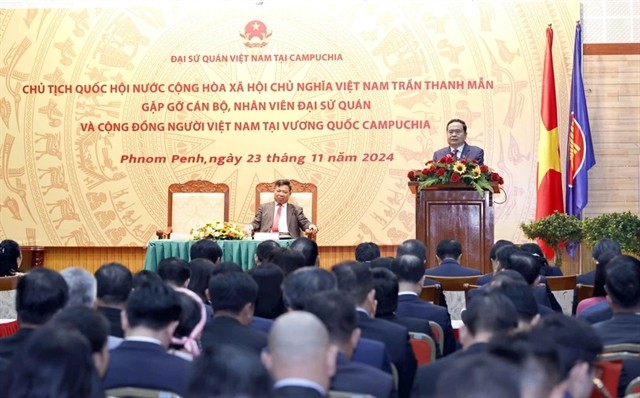 Overseas Vietnamese
Overseas Vietnamese
NA Chairman Meets with Vietnamese Community in Cambodia
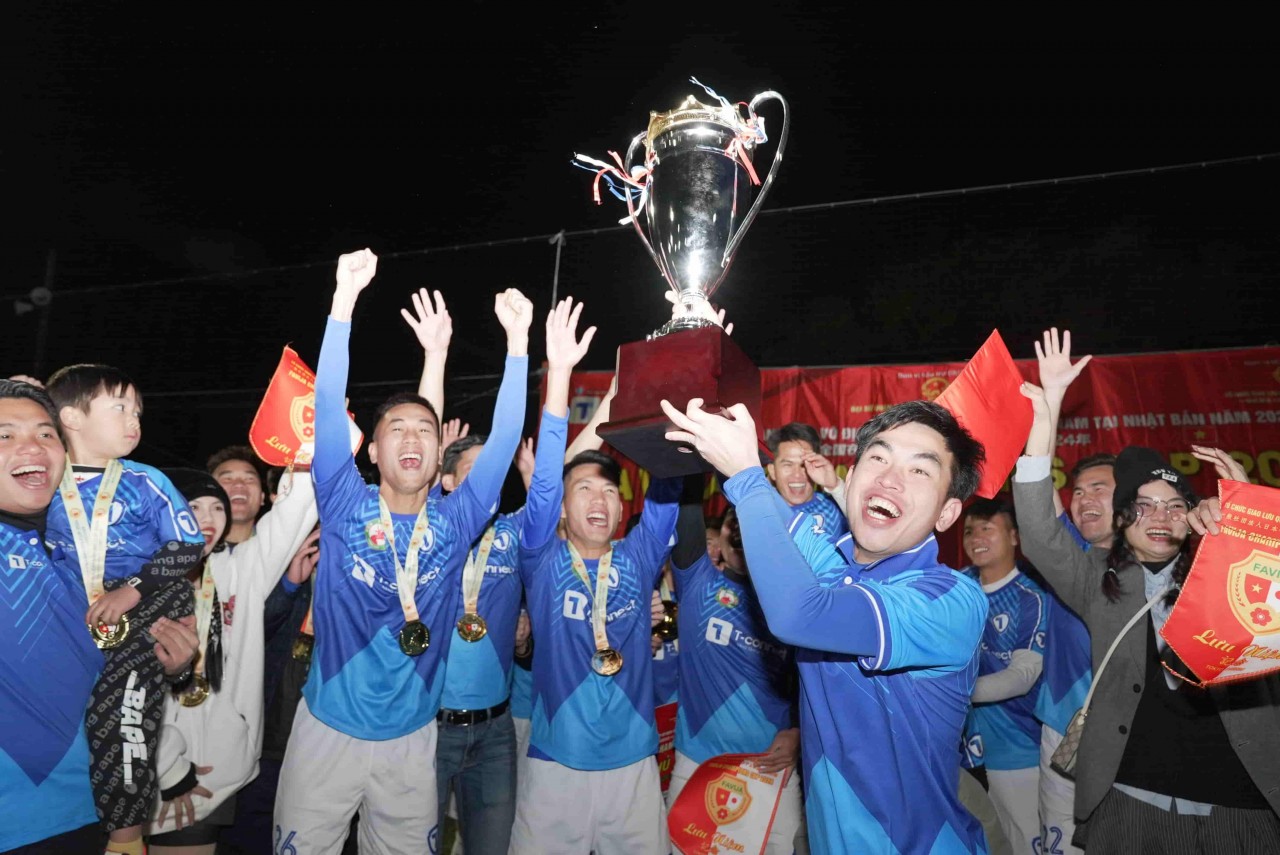 Overseas Vietnamese
Overseas Vietnamese
Vietnamese Football Teams Compete in Japan's FAVIJA Champions Cup 2024
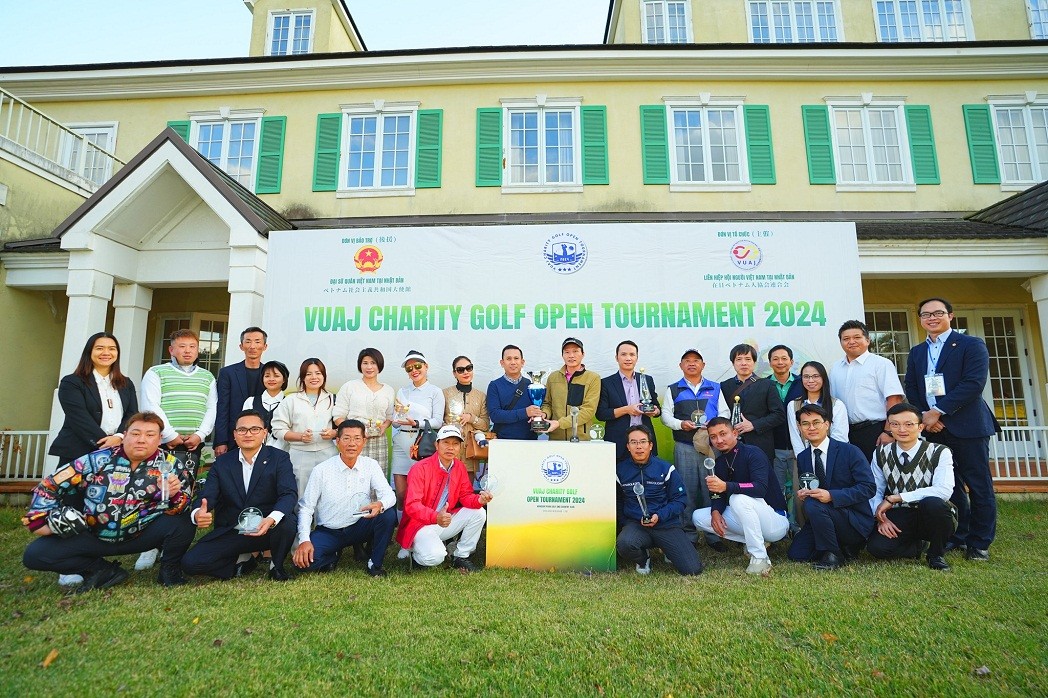 Overseas Vietnamese
Overseas Vietnamese
Sport Unites Vietnamese Community in Japan
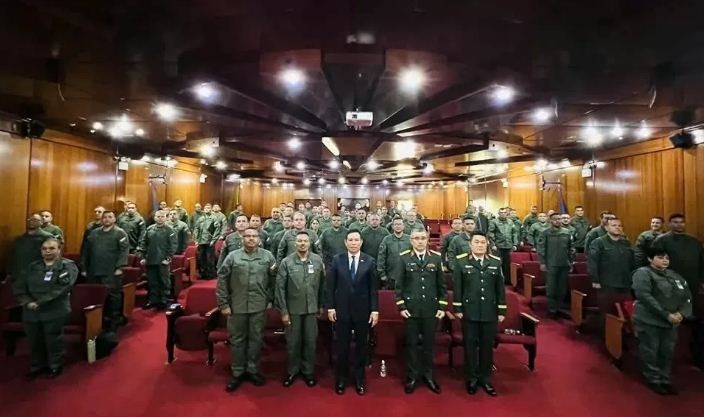 Overseas Vietnamese
Overseas Vietnamese
80th Founding Anniversary of Vietnam People’s Army Marked in Venezuela
Popular article
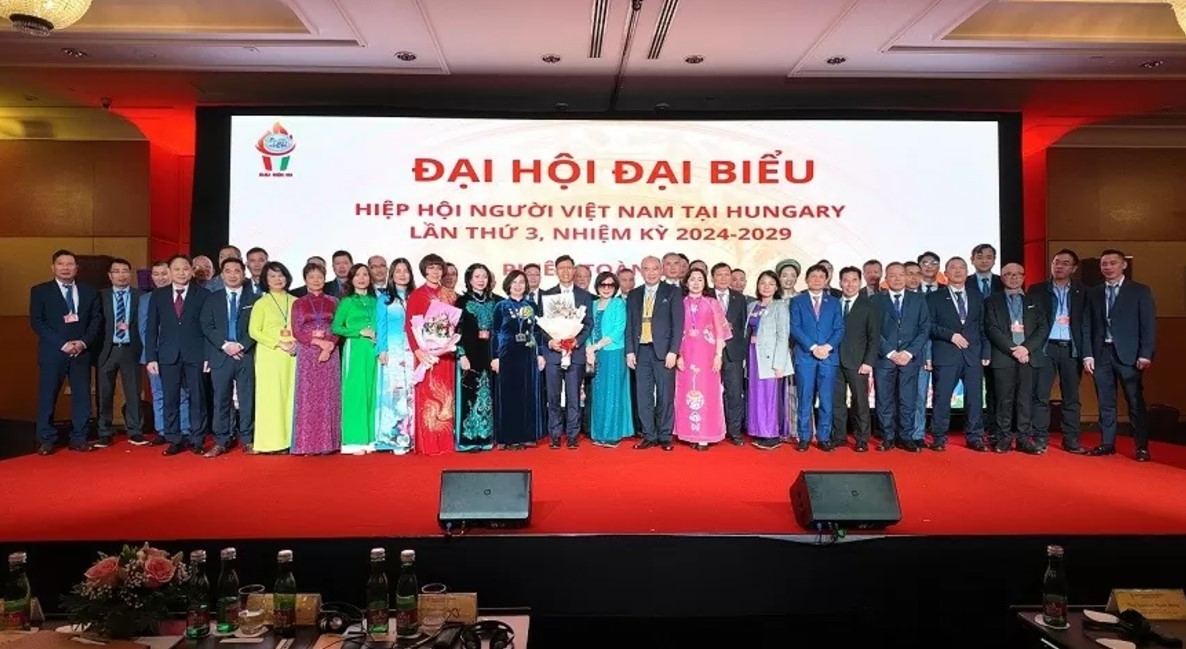 Overseas Vietnamese
Overseas Vietnamese
Vietnamese in Hungary Hopeful for Bright Future
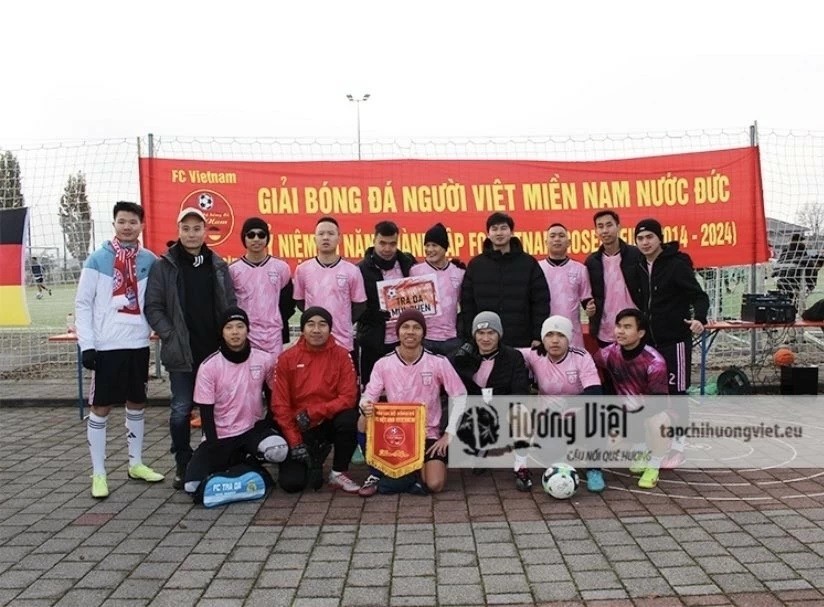 Overseas Vietnamese
Overseas Vietnamese
Football Tournament Connects Vietnamese Community in Southern Germany
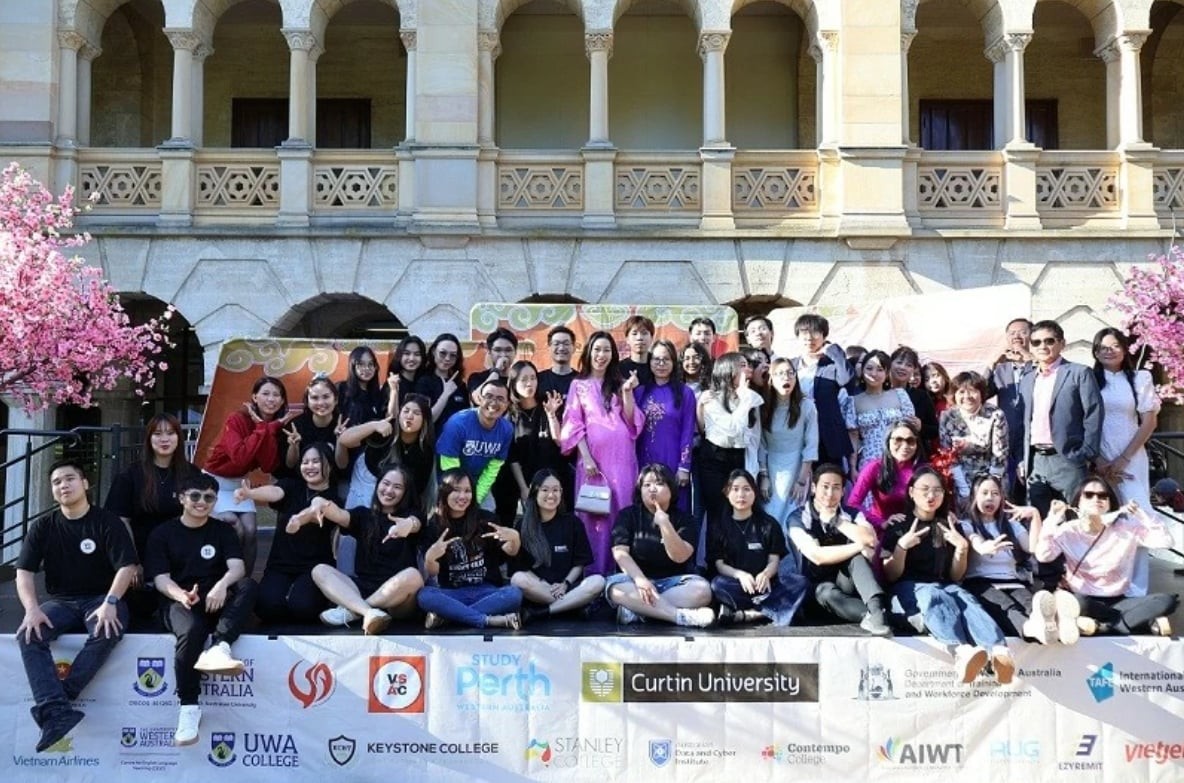 Overseas Vietnamese
Overseas Vietnamese
Early "Homeland Spring" for Vietnamese Overseas and Friends in Western Australia
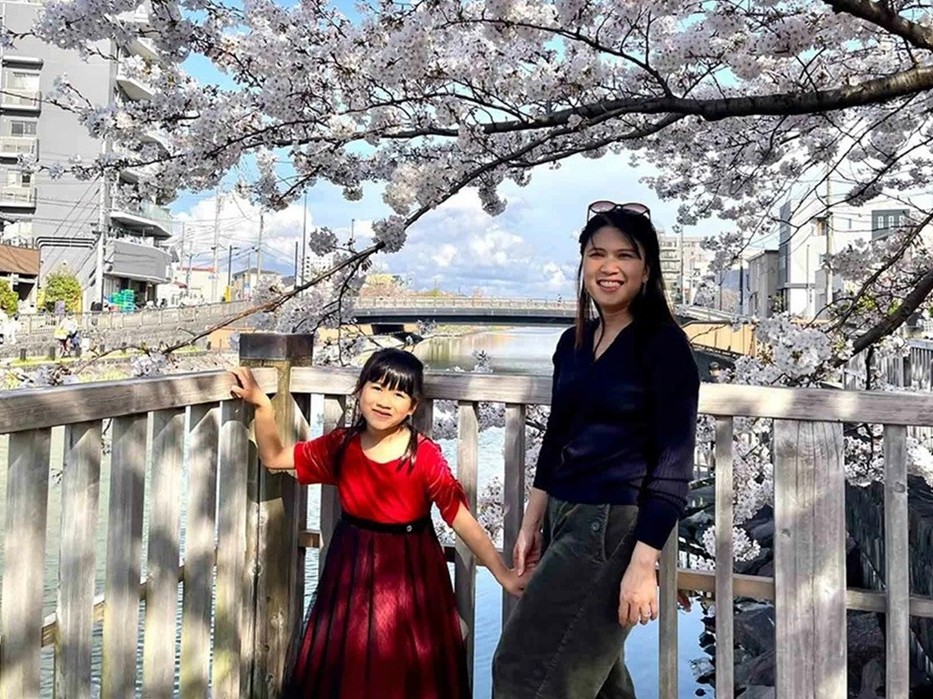 Overseas Vietnamese
Overseas Vietnamese

